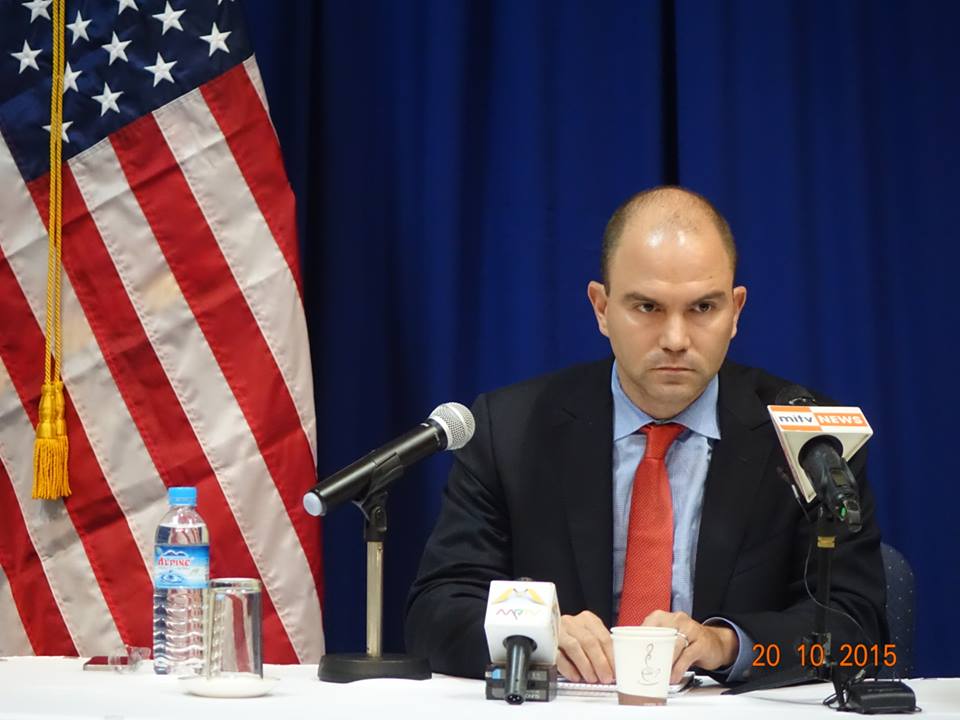The United States said on Tuesday that the use of religion in politics violated Burma’s constitution, calling on the government to de-escalate religious tensions running high ahead of next month’s election.
Burma is less than three weeks away from the 8 November poll, touted as the country’s first free and fair vote in 25 years and a major landmark that will determine the pace and scope of its democratic reforms which started four years ago.
Hardliners from a radical Buddhist organisation Ma Ba Tha have stoked up religious tension, organising anti-Muslim rallies in support of laws seen as targeting the country’s Muslim minority, as well as women.
One of the bills sets punishments for people who have more than one spouse or live with an unmarried partner other than the spouse. Others require Buddhist women to register their marriages in advance if marrying a man who is not Buddhist.
New York-based Human Rights Watch said in August the laws created the environment for serious communal tension. The government denies the laws are anti-Muslim.
Buddhist monks leading the organisation have sharply criticised the opposition National League for Democracy for not supporting the bills, portraying the leader of the party, Aung San Suu Kyi as a threat to the country.
“We did stress our concern over some of the trends we’ve seen with the role of religion … we see the risk of religious expression being inconsistent with the constitution which separates religion and politics,” Ben Rhodes, the U.S. deputy national security advisor, told reporters in Rangoon.
“When that happens, ultimately it causes danger to religious minorities,” Rhodes, who has met figures from the political establishment over the past three days.
He called on the government to implement the rule of law against those using language that created a sense of insecurity and could lead to violence against religious minorities, warning such language was “potentially destabilising”.
Suu Kyi’s NLD is expected to do well in the vote and beat the ruling Union Solidarity and Development Party of President Thein Sein.
[related]
The NLD won the 1990 election in a landslide, but the results were never recognised by the then-ruling junta.
Burma’s military stepped back from direct rule of the country after 49 years in 2011, when Thein Sein took power and ushered in a series of political and economic reforms.



